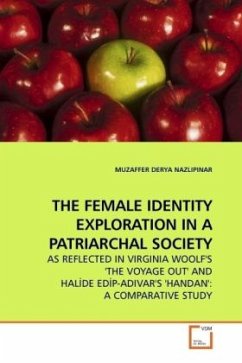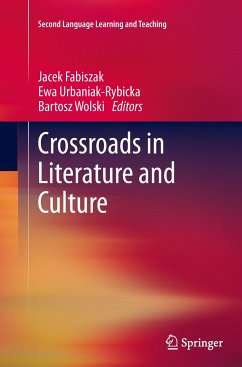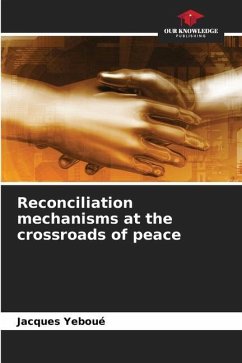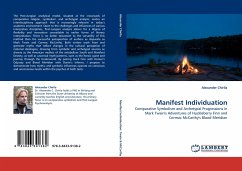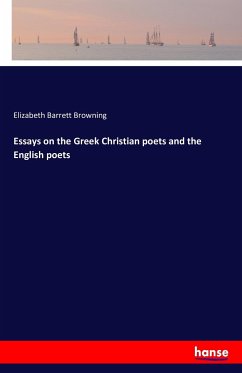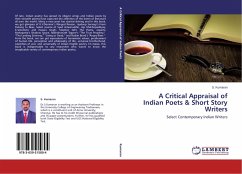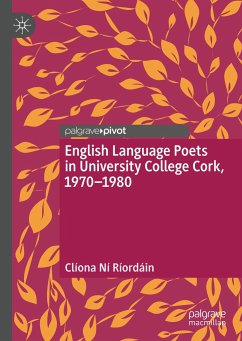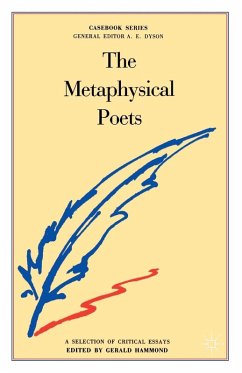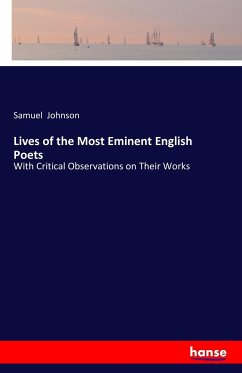
Two Poets at Crossroads
An Interdisciplinary study of Arthur Nortje and Ahmad Matar
Versandkostenfrei!
Versandfertig in 6-10 Tagen
52,99 €
inkl. MwSt.

PAYBACK Punkte
26 °P sammeln!
In this interdisciplinary study, the author attempts to identify the similarities and differences in the life and poetry of the Iraqi poet, Ahmad Matar, and the South African counterpart, Arthur Nortje who were both exiled in England. Although the two poets were subject to similar circumstances under two autocratic regimes: Saddam Hussein's in Iraq, and apartheid regime in South Africa respectively, each one reacted differently either on the personal or the professional levels. Matar, exiled still, is able to focus on freedom as a cause to which he devotes his entire life and poetry. On the co...
In this interdisciplinary study, the author attempts to identify the similarities and differences in the life and poetry of the Iraqi poet, Ahmad Matar, and the South African counterpart, Arthur Nortje who were both exiled in England. Although the two poets were subject to similar circumstances under two autocratic regimes: Saddam Hussein's in Iraq, and apartheid regime in South Africa respectively, each one reacted differently either on the personal or the professional levels. Matar, exiled still, is able to focus on freedom as a cause to which he devotes his entire life and poetry. On the contrary, Nortje who had an identity problem, did not tolerate either his inner conflict or the pressures of external exile, and committed suicide in 1970. I try to identify the reasons behind the poets' contradicting attitudes towards life and their reflections on their work. I employ psychology, history, postcolonial criticism and literary analysis to reveal the contrasting attitudes of the two poets in exile through close examination of their poetry. As far as I know, the study is the first study comparing the two poets who are unfortunately neglected in the Arab and South African academia.



